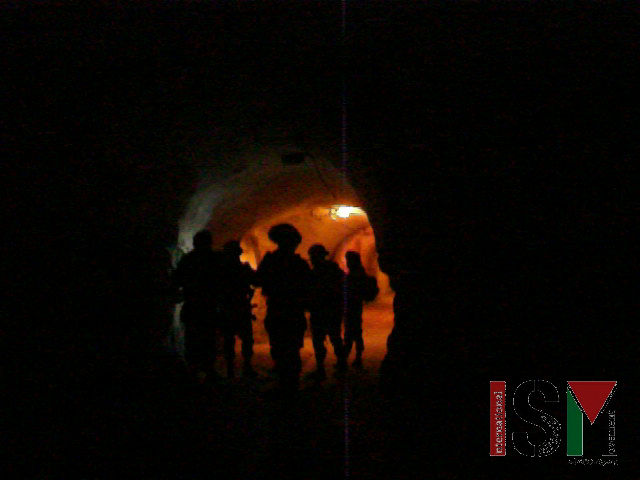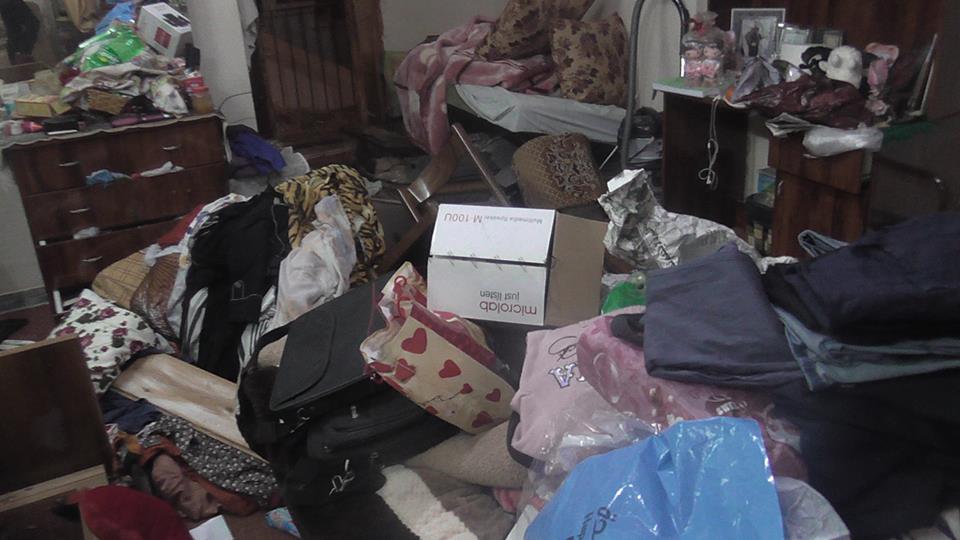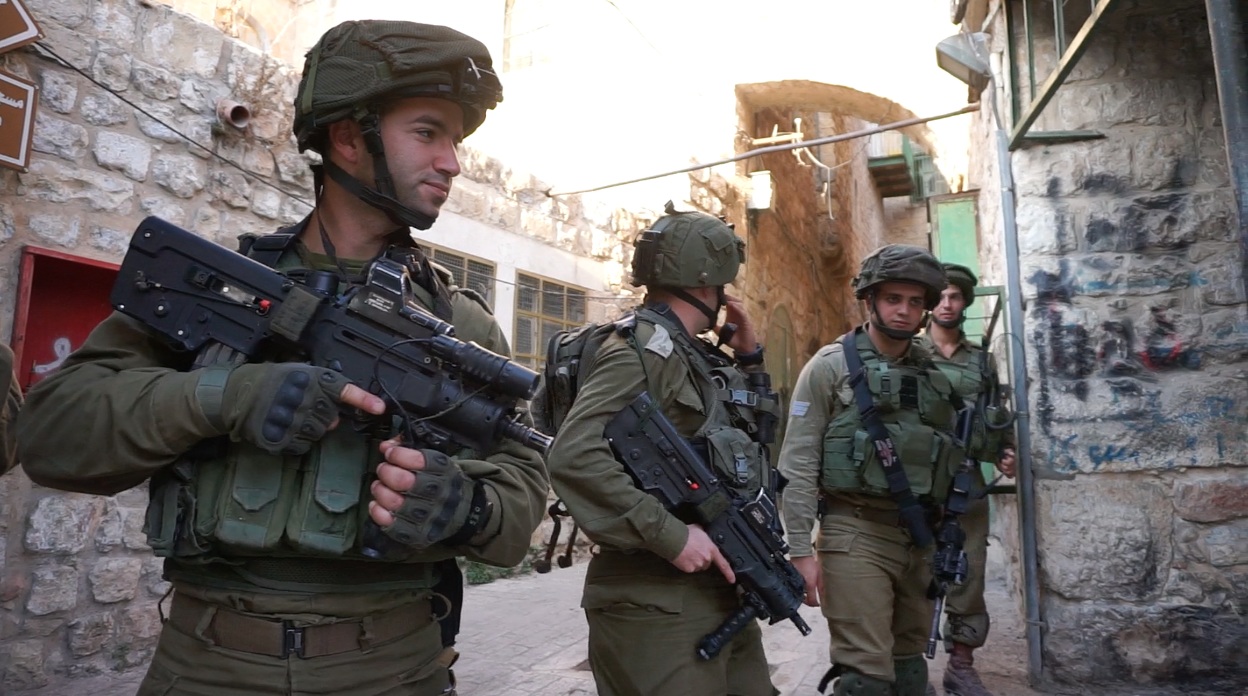-
Israeli forces harass 3 children in Occupied Hebron, arresting 1
25th January 2017 | International Solidarity Movement, al-Khalil team | Hebron, occupied Palestine At 8:30 pm on January 24th, two young Palestinian boys–14 and 12 years old–were stopped in the streets of the old city of Hebron by six Israeli soldiers, who were armed with assault rifles. They accused the boys of throwing stones. The soldiers […]
-
Violent raid on family home – Israeli forces keep family locked up
22nd January 2017 | International Solidarity Movement, al-Khalil team | Hebron, occupied Palestine Israeli Forces raided a Palestinian family home on Thursday night in the Jabari-neighborhood near the illegal Kiryat Arba settlement in occupied al-Khalil (Hebron). A group of approximately 50 heavily-armed Israeli forces, accompanied by a dog, surrounded the house at 1am and woke up the […]
-
Photos of soldiers: crime or joy?
23rd January 2017 | International Solidarity Movement, al-Khalil team | Hebron, occupied Palestine As an international, taking photos of the Israeli occupation soldiers is either considered wrong and harmful or a joy. Harmful…harmful to what exactly? The continuous illegal occupation? Yet, photos are a joy for the soldiers, when they are proudly posing with an […]
Action Alert An Nabi Saleh Apartheid Wall Arrests BDS Bethlehem Bil'in Cast Lead Demonstration Denial of Entry Ethnic Cleansing Farmers Gaza Global Actions Hebron House Demolition International law Israeli Army Jerusalem Live Ammunition Nablus Ni'lin Prisoner Ramallah Rubber-coated steel bullets Settlement Settlers Settler violence Tear-Gas Canister Video



